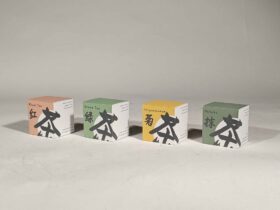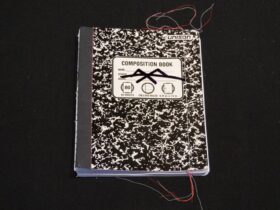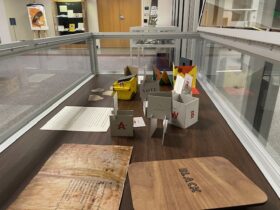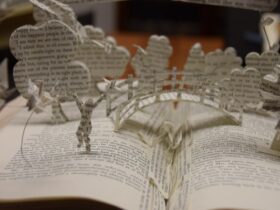An incredible rare book was found during a review of the recent gift book donations. The novella, Under a Glass Bell, was written by Anaïs Nin in 1944. It is a first edition, and is one of 300 unnumbered copies printed at the Gemor Press.
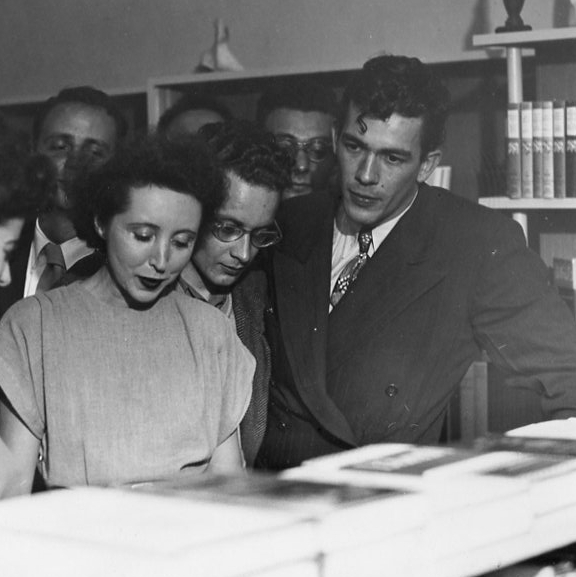
Anaïs Nin began writing the stories collected in Under a Glass Bell in Paris during the mid to late 1930s and finished in New York after she fled France because of the war. When she could not find a publisher for her original collection of eight short stories, she resorted to self-publishing with her Gemor Press in 1944.
Designed completely at the Gemor Press, the text was handset by Nin in Bernhard Gothic Light Italic, ten point, and printed on Watermarked Zurich Plate Finish paper. The cover and the seventeen engravings on copper were designed and created by Nin’s husband, Ian Hugo.
The book is in excellent condition with little wear to its spine or edges, considering no dust jacket was issued. It has an interesting provenance as it is was once owned by Harold Geisse, Jr.– a former librarian in the Bartle Library.
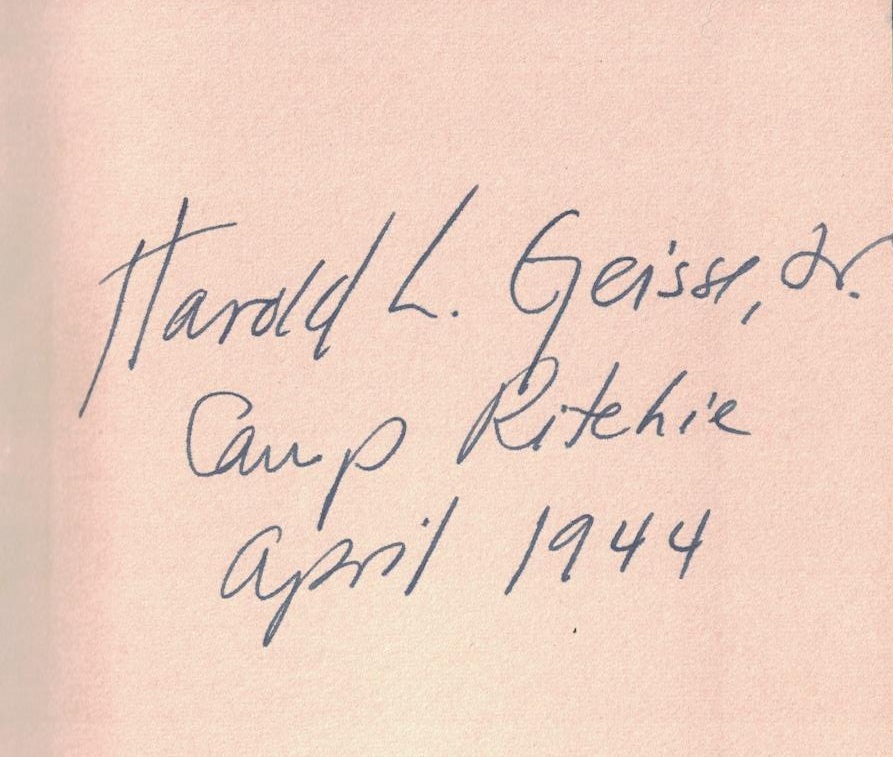
This book can be considered an association copy due to this inscription written on the front free endpaper: Harold L. Geisse, Jr. Camp Ritchie, April 1944.
According to Wikipedia, during World War II, Fort (Camp) Ritchie became the U.S. Army Military Intelligence Training Center, the first time in the history of the U.S. military that it had a facility for this type of centralized intelligence training. Once soldiers arrived, they were told not to identify themselves as “military intelligence” to anyone, not even their families.
Thousands lived and worked at Fort Ritchie during World War II. The Army conducted signal intelligence training, instruction regarding interrogation techniques and close-combat training (in a mock German village constructed at the site) throughout the war. More than 10,000 students graduated from the Army’s intelligence program at Fort Ritchie by the end of the war.
Our thanks to Mr. Geisse for his support of the University Libraries. This book will become part of the rare book collection in our Special Collections Department.

